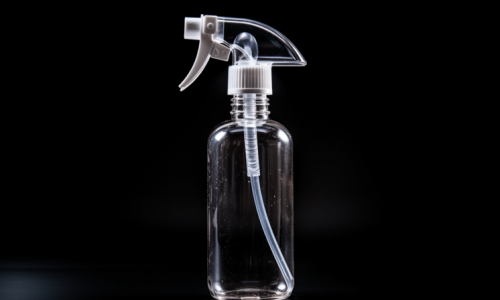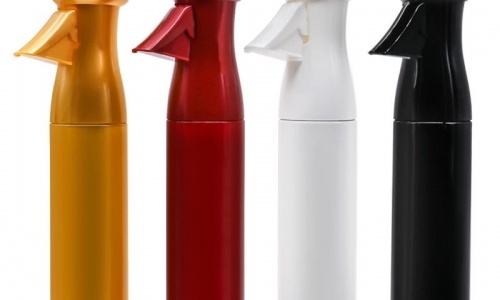In recent years, the transition from glass bottles to plastic has been a significant trend in various industries. This article delves into the multifaceted reasons behind this shift, shedding light on unique perspectives contributing to the widespread adoption of plastic bottles.
The Environmental Impact
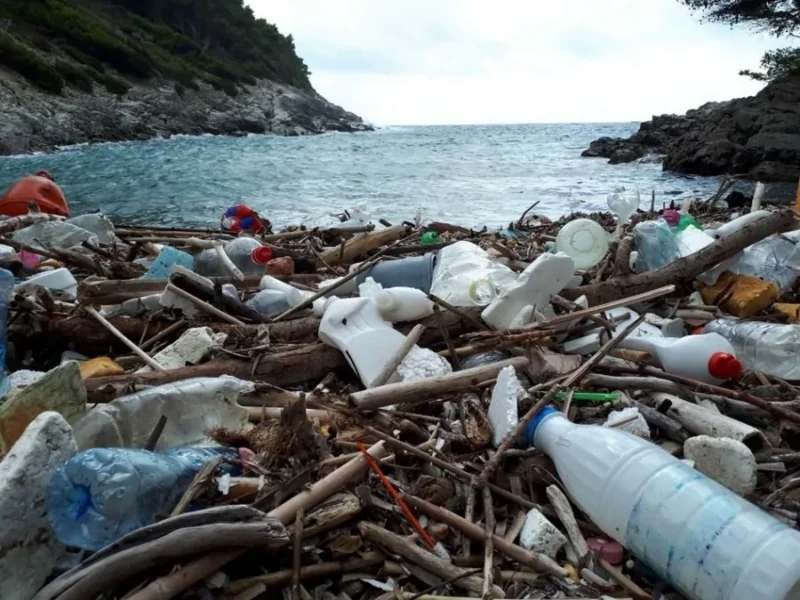
While glass bottles are often perceived as more eco-friendly due to their recyclability, the environmental impact reveals a more nuanced picture. Glass production requires substantial energy and raw materials, resulting in significant carbon emissions. Plastic bottles, particularly those made from Polyethylene Terephthalate (PET), have a lower carbon footprint due to their lighter weight, reduced transportation emissions, and energy-efficient manufacturing processes. This broader view of environmental impact has been pivotal in the transition to plastic.
Convenience And Versatility
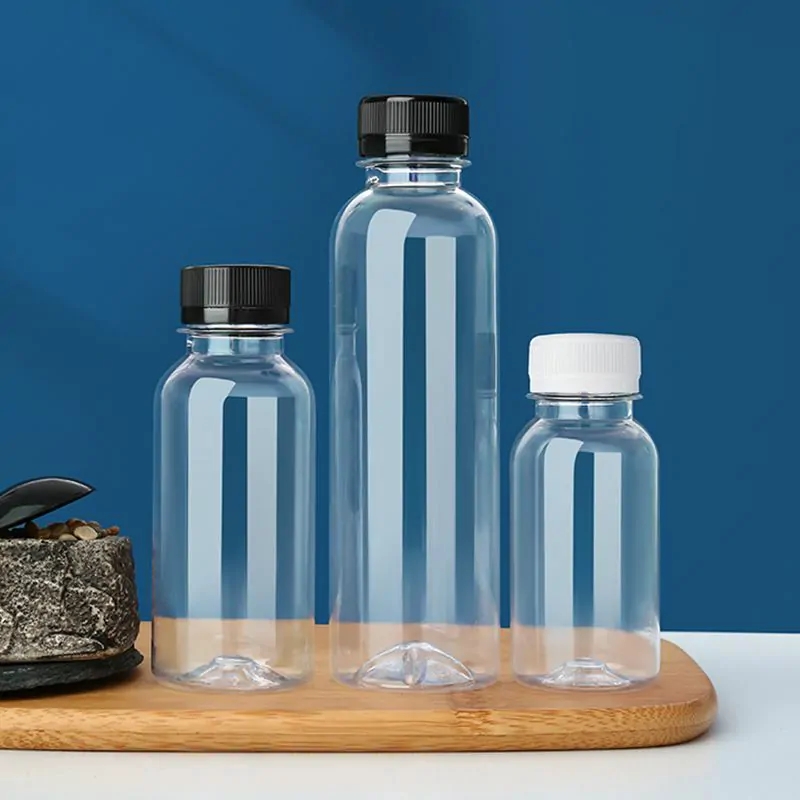
Beyond environmental considerations, the convenience and versatility of plastic bottles have driven their widespread adoption. Plastic water bottles, for example, offer portability and ease of use, making them a popular choice for on-the-go hydration. Plastic beverage bottles, especially those made from PET, present various design options, enabling unique shapes, sizes, and even enhanced product visibility. This versatility has allowed companies to innovate and capture consumer attention, fostering the transition from glass to plastic.
Safety And Durability
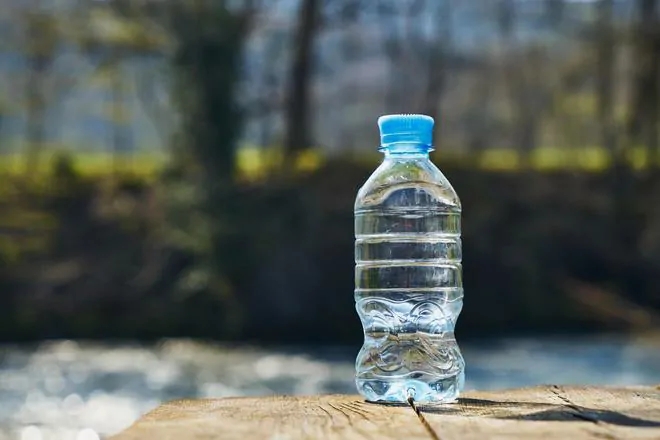
Another aspect that has contributed to the shift is the safety and durability of plastic bottles. Plastic packaging provides higher product protection, reducing the risk of breakage, spoilage, and potential injury from shattered glass. Additionally, advancements in plastic bottle manufacturing techniques have improved their resistance to chemical reactions, ensuring product integrity and consumer safety.
Economic Considerations

While not often discussed, economic factors have played a pivotal role in switching from glass to plastic. Plastic bottles are generally more cost-effective to produce, transport, and store. Their lightweight nature reduces shipping costs and allows more efficient storage space use. The economic benefits associated with plastic bottles have made them an attractive option for both manufacturers and consumers.
Many factors, including environmental impact, convenience, versatility, safety, durability, and economic considerations, influence the decision to shift from glass bottles to plastic. Understanding the comprehensive view of these factors allows us to appreciate the complex decision-making processes that have driven the adoption of plastic bottles.
While it is crucial to address the challenges of plastic waste management and promote responsible recycling, it is essential to recognize the unique advantages that plastic bottles offer in terms of sustainability, product protection, and cost-efficiency. Striking a balance between environmental consciousness and practicality is critical as we continue to innovate and pursue sustainable packaging solutions for the future.
Afshan provides a variety of plastic bottles and glass bottles. Regarding environmental protection and safety, Afshan is willing to discuss this with you.



